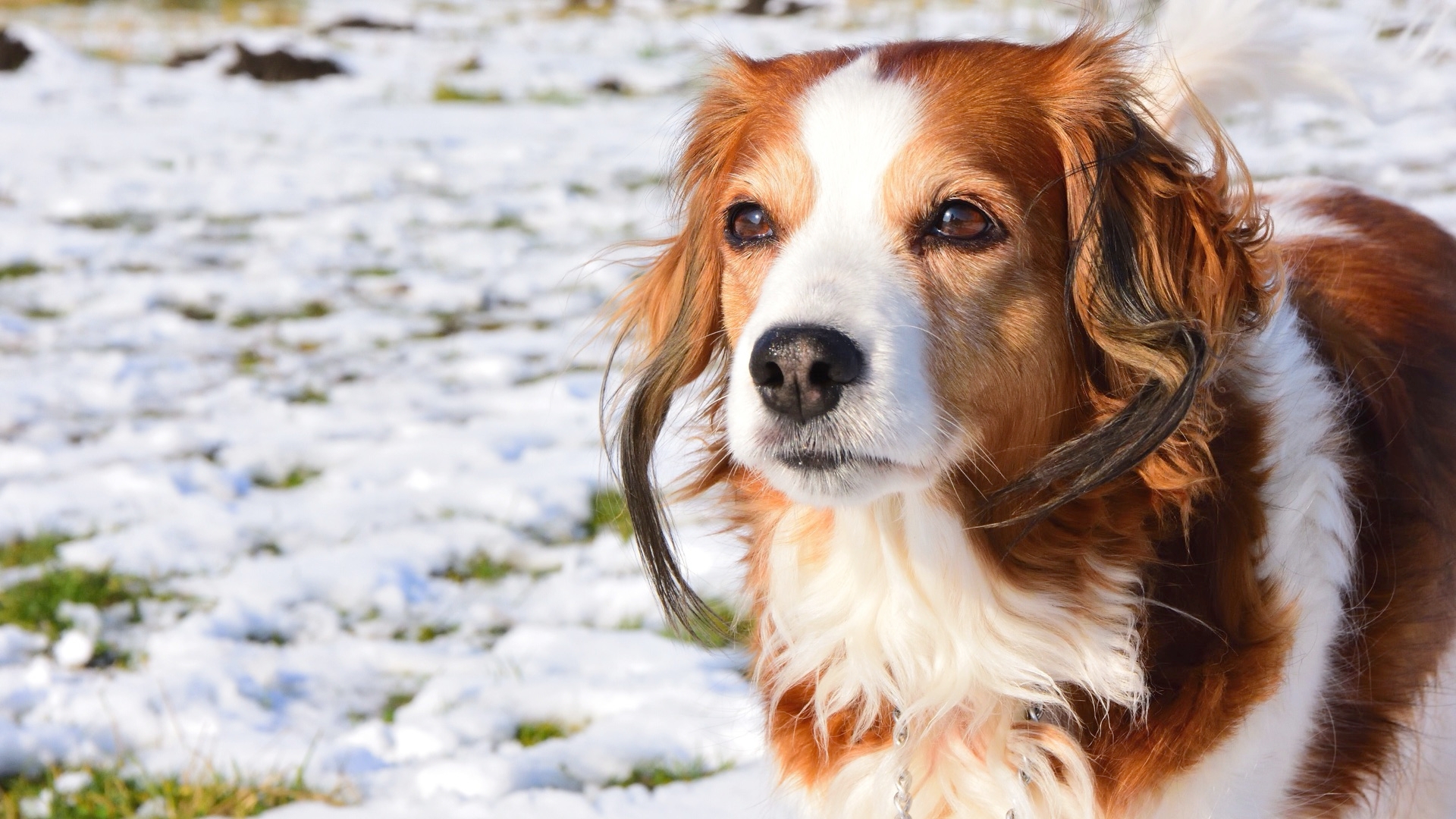Cold Weather Pet And Livestock Health And Safety Tips:
Summary:
Pet and livestock owners should take extra precautions when the weather turns cold to ensure their animals are safe. During cold weather, be sure to provide animals with access to water (unfrozen), adequate food, and adequate shelter.
Pet and livestock owners should take extra precautions when the weather turns cold to ensure their animals are safe. During cold weather, be sure to provide animals with:
- Access to water (unfrozen)
- Adequate food
- Adequate shelter
Keep your pets happy and healthy during the colder months by following these simple guidelines:
When the temperature drops, bring pets inside.
Most dogs, and all cats, are safer and happier indoors when it's cold outside. Remember, dogs and cats are social animals who crave human companionship.
If you have a dog that spends time outdoors, the animal should be protected by a dry, draft-free doghouse that is large enough to allow the dog to sit and lie down comfortably but be sure the doghouse is small enough to hold in their body heat. Face the doghouse away from the wind, and keep the doorway covered. The floor should be raised a few inches off the ground, and you must provide cedar shavings, straw, or other suitable bedding.
- Check your pet's water dish often (at least daily) to ensure the water is fresh and unfrozen.
- Pets that spend a lot of time outdoors need more food in the winter to stay warm.
- Small and short-haired dogs may need a pet sweater or be kept inside to help them stay warm.
- Provide your pet plenty of exercises to keep them active during winter.
- Chemicals used to melt snow and ice can irritate the pads of your pet's feet and mouth. Wipe all paws with a damp towel before your pet licks them.
- Antifreeze is a deadly poison! It has a sweet taste that may attract animals and children. If your pets are housed in the garage or other areas near a car, wipe up spills and store antifreeze (and all household chemicals) out of reach.
- Warm engines in parked cars attract cats and small wildlife, which may crawl under the hood to stay warm. Bang on your car's hood to scare them away before starting your engine.
Livestock also needs extra attention during cold weather:
- Livestock should be monitored for signs of discomfort (weakness, extensive shivering, lethargy, etc.)
- It is crucial that livestock be provided extra feed in extremely cold conditions, as additional calories are needed to maintain body heat.
- Check drinking water at least daily. Water sources may freeze solid in low temperatures.
- Pay special attention to very young and old animals. They may be less able to tolerate temperature extremes and have weaker immune systems. Consider providing horse blankets, windbreaks, or shelter for less cold tolerant livestock.


